
Afro-Latino faces the brunt of backlash to diverse Lord of the Rings casting from faceless Internet trolls
Ismael Cruz Córdoba plays a Black elf in the new show, set to premiere on Amazon Prime on Sept. 2.
A Vanity Fair exclusive into the new Lord of The Rings spin-off series quickly became a target for displeased internet trolls in February when anonymous users took to the comment section to criticize the inclusion of Black characters in J.R.R Tolkien’s universe.
Ismael Cruz Córdova, who plays an elf in the show, was the centerpiece of the conversation. Cruz, 35, was a former local TV actor turned coveted cast member in Amazon Prime’s latest pet project.
In no less than a day, users flooded the thread with commentary that echoed past criticisms of what armchair critics call forced inclusion. Many regurgitated the lack of knowledge or respect for English writer and Scholar J.R.R Tolkien.
“What is it?! Black elf? This is not canon, Tolkien is rolling over in his grave. Don't cast Black actors in this universe.. it's a failure,” one user expressed.
Others made pointed comments at the level of casting, stating it should be limited to Tolkien’s vague description of Black people.
“Horrible casting choise (sic.). There are two explanations how could you cast Black elf or dwarf. It's either a deep ignorance of Tolkien's work or you do not value it enough to follow its rules. I am deeply disappointed,” another user said.
Lore fans of varying franchises are known to be textual originalists, often clinging onto literal interpretations, even when some descriptions remained ambiguous.
Star Wars is no stranger to a fanbase rife with purity concerns. But even as the studio repudiated any racist remarks, they removed John Boyega, a Black actor, from Chinese marketing posters.
Kelly Marie Tran, the first woman of color to land a leading role in the mega-popular franchise, was driven off social media after waves of online hatred. In recent years, the backlash sparked by inclusive remakes is overrun with trolls who represent an alt-right ideology.
Tolkien may be simply the latest target.
The matter of racial themes throughout the English lore writer is deeply complex.
According to academics, Tolkien himself was not racist. In fact, historians note his activism and outspokenness against Hitler’s idea of racial purity. In a letter to Nazi publishers who sought his confirmation of racial purity, he responded:
“I should regret giving any color to the notion that I subscribe to the wholly pernicious and unscientific race-doctrine.”
His work is a symbolic celebration of English mythology which endeavored to recover it from what he called a “foreign invasion” from Normans, a population comprised of Norse Viking settlers and Indigenous West Franks and Gallo-Romans.
But as film adaptations dominated the mainstream arena, Tolkien’s work was tangled in the web of pop-culture discussions surrounding racial dynamics.
RELATED CONTENT
While not expressly racist, the exposure unveiled a pervasive, implicit view of the Black population he observed in his life within the context of his upbringing.
Chinua Achebe, a Nigerian novelist, explained how Tolkien’s upbringing happened at a time when the world had a “particularly low view” of Black people. Tolkien’s idea of race may have been heavily influenced by class segmentation, which holds a higher, more esteemed view of white people.
Anderson M. Rearick III, an English and Literature Professor at Mount Vernon Nazarene University examined it through a literary lens, stating that white characters were also perpetrators of evil acts throughout Tolkien’s storytelling.
However, any evidence is inconclusive and is subject to theories, opinions, and Twitter threads.
In response to the backlash, J.D. Payne, the remake’s screenwriter, and showrunner had choice words for trolls, calling them “creatures of dull and lumpish nature that had no more language than beasts.”
Lindsey Weber, the show’s executive producer, said, “We’re all up for criticism.”
“We’re not up for racism,” she added.
For Córdova, who had been previously rejected for the role, it is as emotional as it was a staple of his acting career.
“I didn’t see myself represented. And when I said, ‘I want to be an elf,’ people said, ‘Elves don’t look like you,’” he says. “When I heard about the character on the show, it felt like a mission,” he told Time Magazine.
Now, “Middle-Earth is real,” he added.
The show is scheduled to air on Sept. 2, 2022, on Amazon Prime.


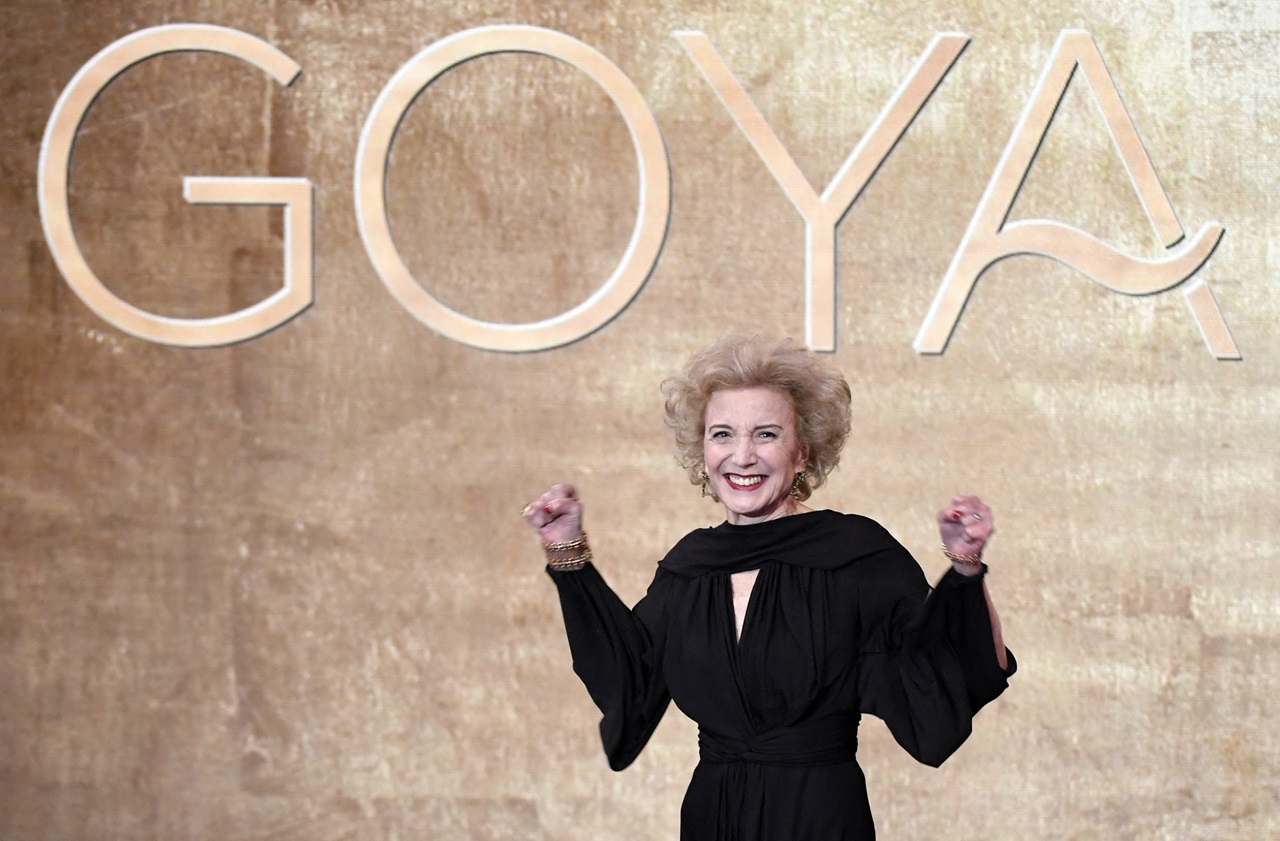


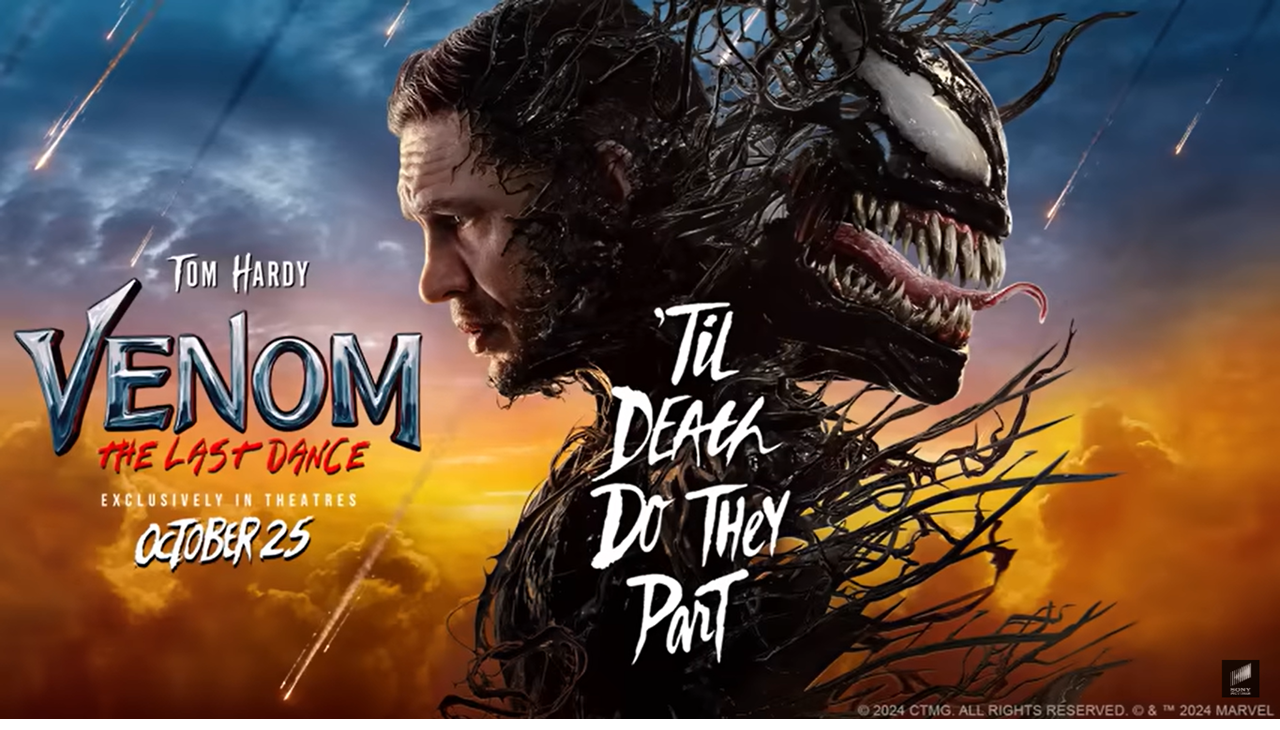
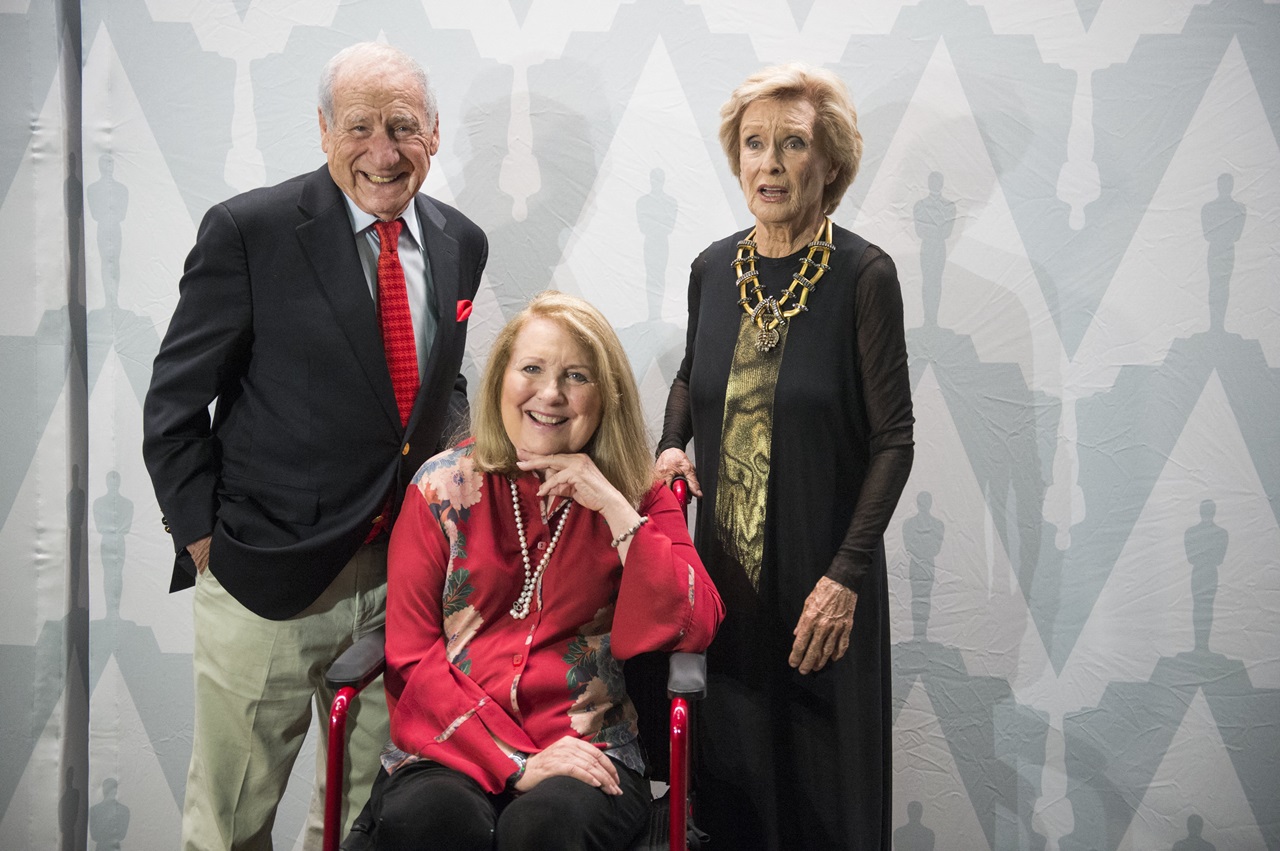
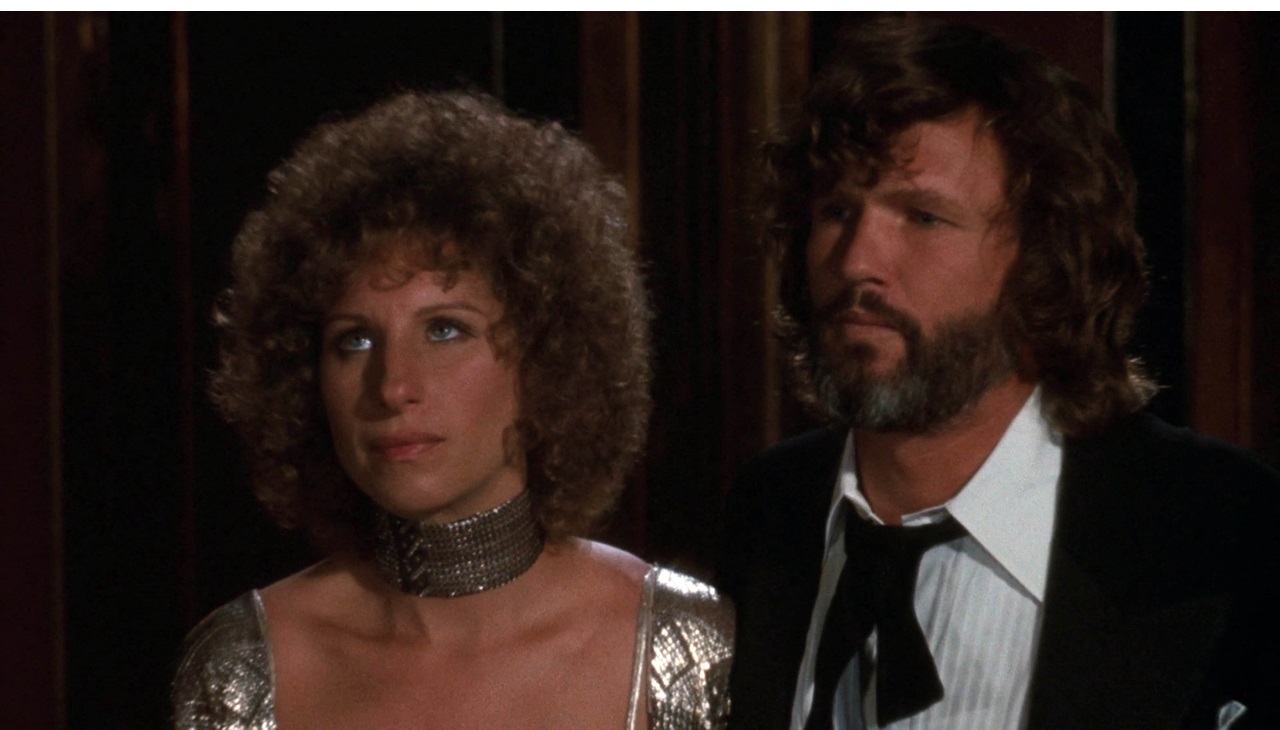
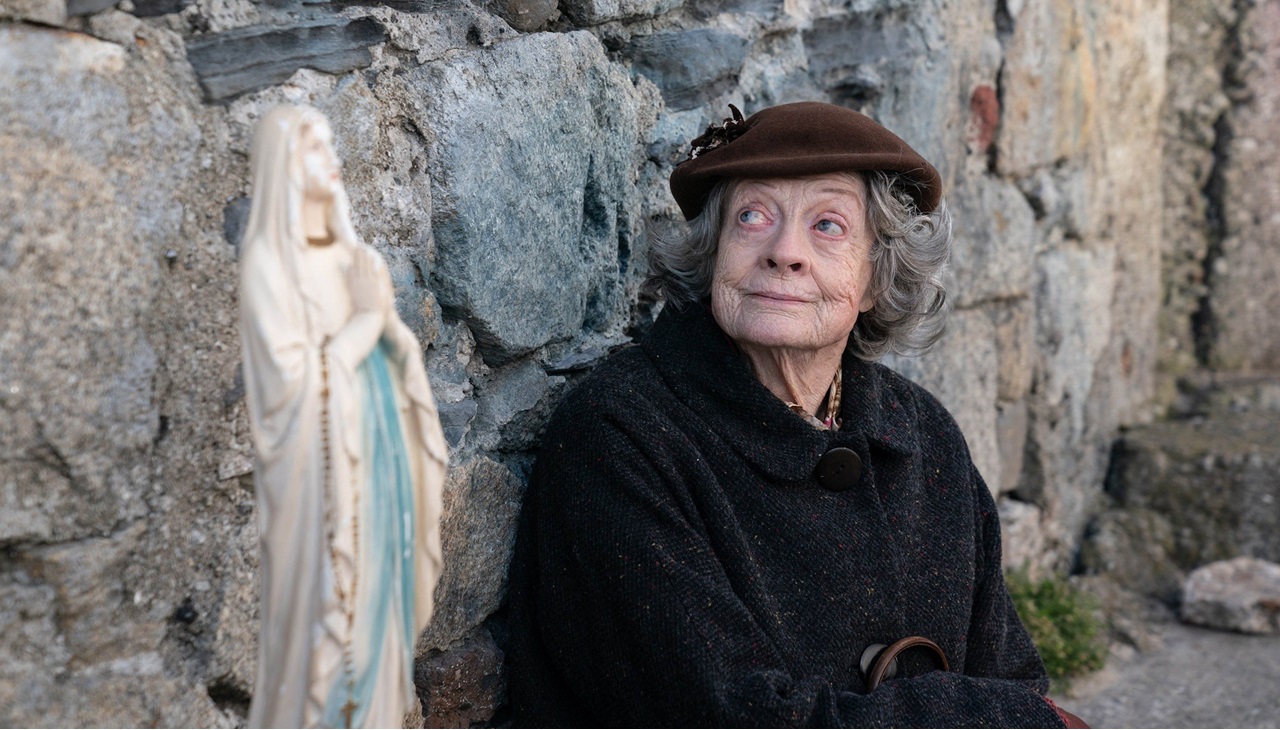
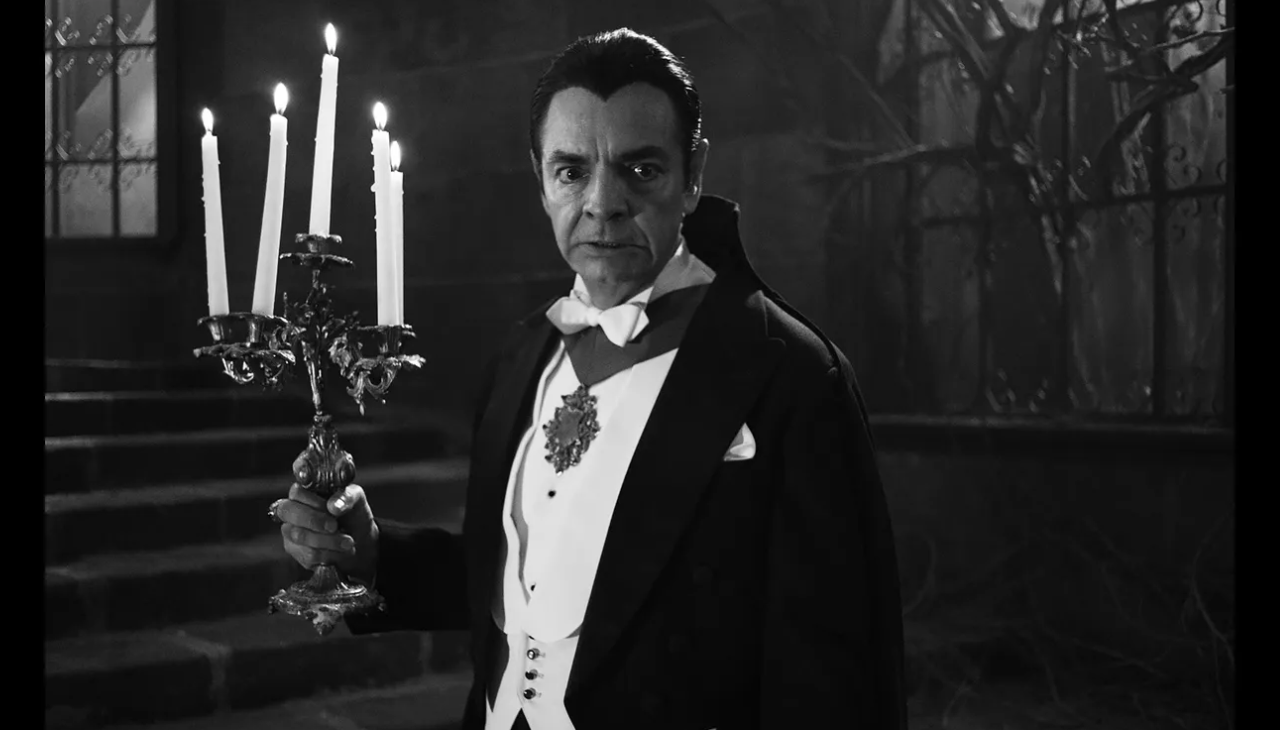

LEAVE A COMMENT:
Join the discussion! Leave a comment.